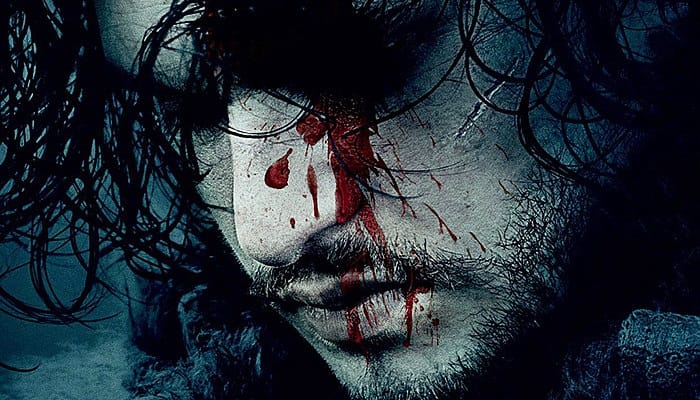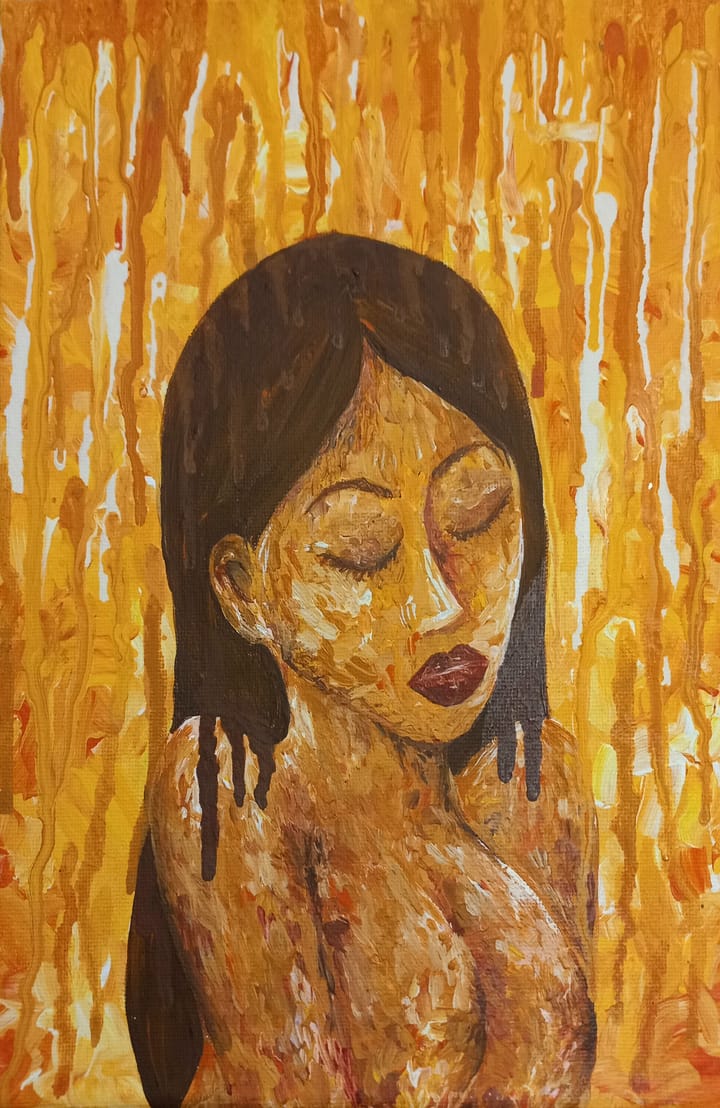Season Six of “Game of Thrones” Brings Unsurprising Excitement

The sixth season of “Game of Thrones” is the first in the series to not feature content from George R.R. Martin’s “A Song of Ice and Fire,” series and it has dazzled audiences, exciting book readers and show watchers alike with the first two episodes.
Before you read any further, know that this review will be spoiler-heavy. If you are not caught up, I advise you not to read ahead. You will have a more enjoyable watching experience if you are caught up. Don’t say I didn’t warn you.
Anyway, let’s get to the important stuff. Jon Snow (Kit Harington) is alive. In what capacity, it is unclear. However, back in season three when Thoros of Myr (Paul Kaye) revived his friend and compatriot Berric Dondarrion (Richard Dormer), Dondarrion explained: “Every time I come back, I’m a bit less. Pieces of you get chipped away.” Who knows what Jon Snow we will experience. And will he punish the traitors who attempted to kill him? Or will he realize he needs every man to defeat the White Walkers?
Jon Snow’s revival came as a surprise to no one because without him at the Wall, the plotline falls flat. He is a dynamic character, one who I suspect the showrunners and Martin have big plans for. Moreover, it was just too much of a coincidence to have Melisandre (Carice Van Houten) arrive at the Wall just as Alliser Throne (Owen Teale) and his band of mutineers stabbed Snow to death. The attempt by HBO and Harington to pretend that Snow had met his maker was admirable, but ultimately fleeting.
What is clear is that Melisandre holds awesome power. And now that Euron Greyjoy (Pilou Asbæk) has killed his brother Balon (Patrick Malahide), former King of the Iron Islands, her blood and leech magic of season three has now killed all five “usurpers.” Is the Lord of Light, the God that Melisandre follows, truly the one God in the world? Or is the Lord of Light, and all religions in Westeros, an embodiment of the general magic and natural dynamics of this universe? This is one of the central mysteries at the heart of “Game of Thrones”, and one that will hopefully be answered in the upcoming seasons.
In other non-Jon Snow related news, Bran Stark (Isaac Hempstead Wright) — after a season away from the silver screen — has returned. With the help of the “three-eyed raven” (Max von Sydow), Bran’s “warging” abilities have increased, and he now has the ability to look into the past. Not only is this a breakthrough for the character of Bran, but it is an interesting narrative device for the showrunners to use. In episode two, Bran saw his father, Ned Stark (Sebastian Croft), his uncle, Benjen Stark (Matteo Elezi) and his aunt, Lyanna Stark (Cordelia Hill), all at a young age. Bran’s warging ability could enable “Game of Thrones” to show us what happened to Lyanna all those years ago when she was kidnapped by Rhaegar Targaryen, setting off Robert’s Rebellion, and framing the events of the current season.
With all the talk of Jon Snow’s revival, Ramsay Bolton’s (Iwan Rheon) treachery has been swept under the rug. While no one is crying at the death of his equally devious father, Roose (Michael McElhatton), it seems that his last words to Ramsay were prophetic. “If you acquire a reputation as a mad dog, you’ll be treated as a mad dog,” Roose says to Ramsay, just before Ramsay plunges a knife deep into Roose’s abdomen, and then, just for good measure, sets the hounds on Roose’s wife and their newborn baby. Ramsay is too brash, indiscreet, and violent (even for “Game of Thrones’” standards) to survive in this Machiavellian world. He seems to be on a crash course for the Wall, where perhaps Jon Snow can end his reign of terror, which would be a rare cathartic and moral victory for “Game of Thrones”. But if that happens, don’t mistake Ramsay’s demise for a parable on how good always triumphs over evil. “Game of Thrones” is too smart for that. The lesson there will be that indiscretion, smarts and playing the game always trumps overconfidence and disastrous planning. But even the best players (Tywin Lannister, Roose) can be undone by random acts of violence. Perhaps the lesson is no one is safe. And as long is that is the case, I, and millions of other viewers, will continue to tune in.





Comments ()